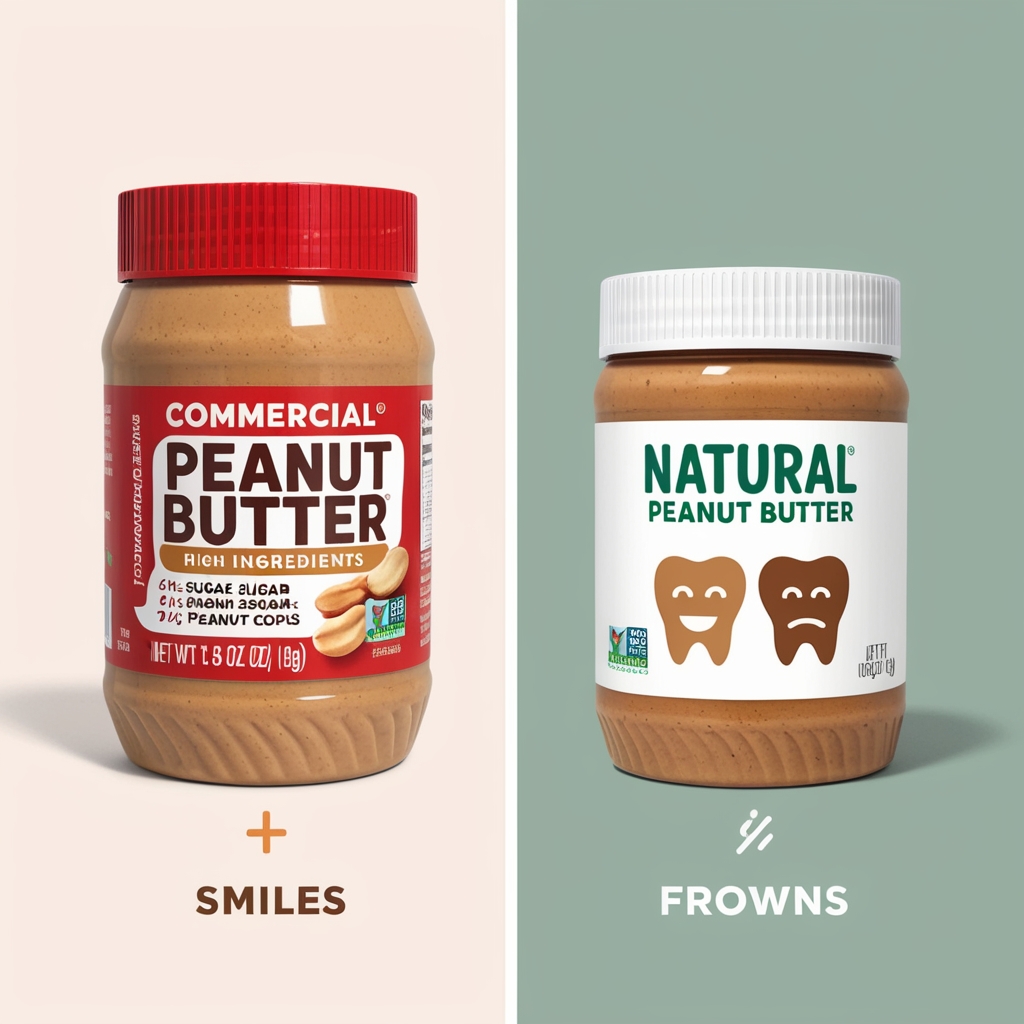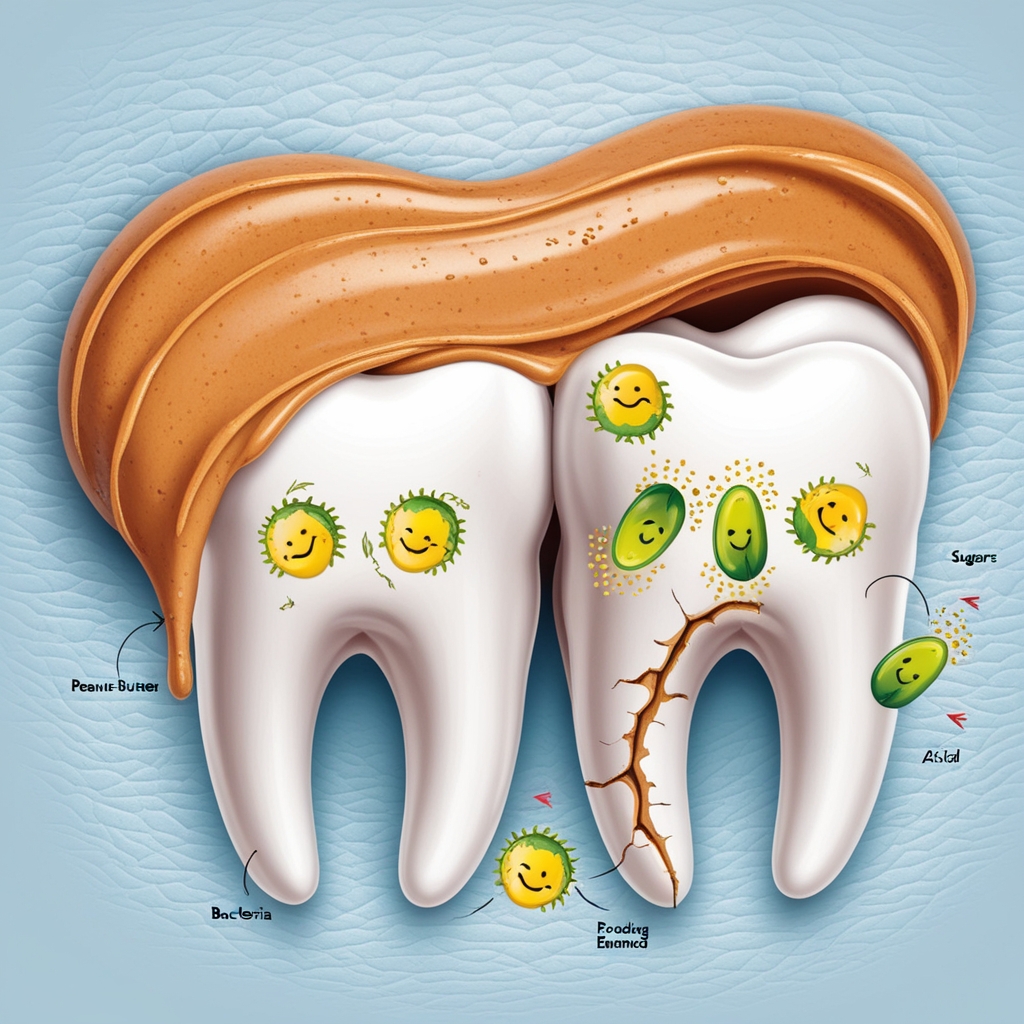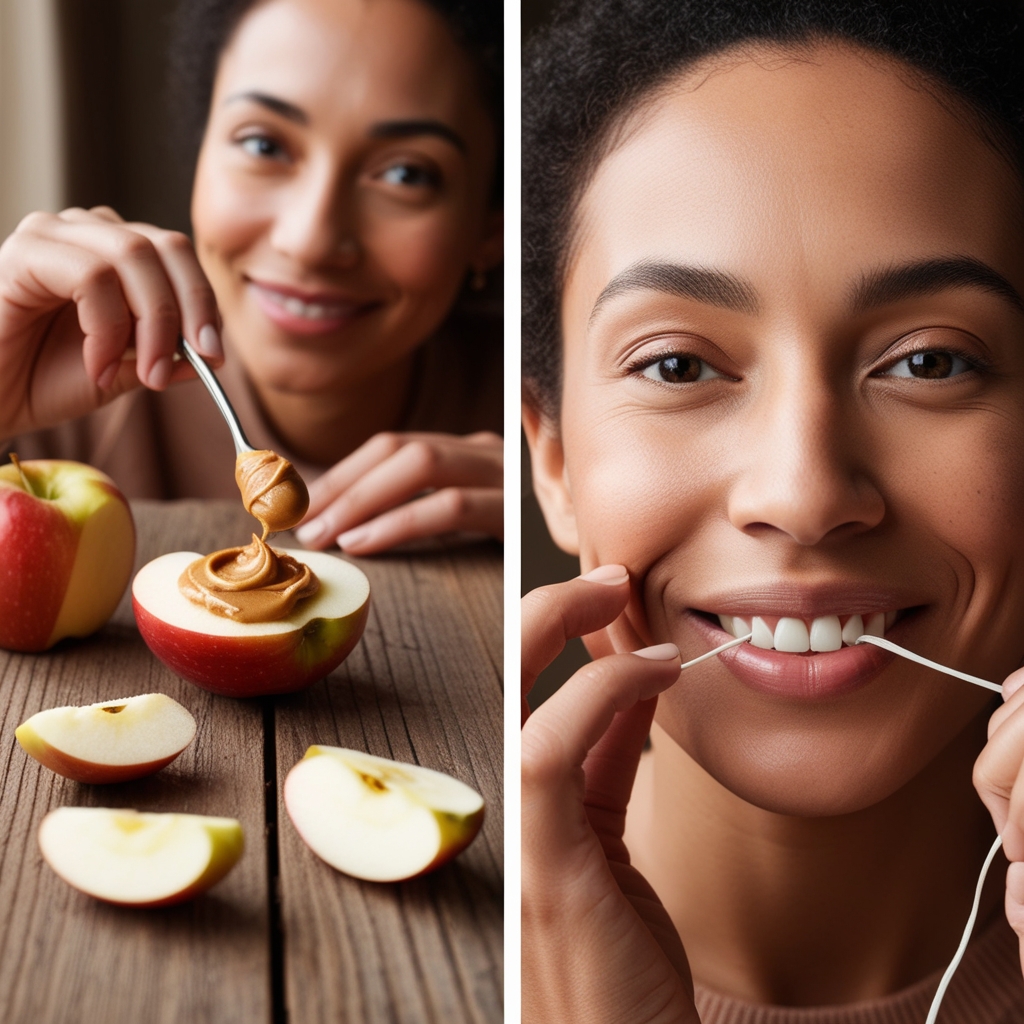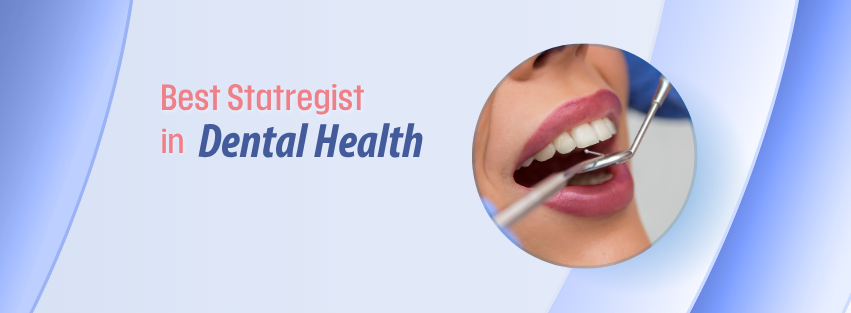
I’ll be honest—peanut butter is my love language. Whether it’s slathered on apple slices, blended into smoothies, or eaten straight from the jar (guilty!), I can’t get enough of its creamy, nutty goodness.
But a few years ago, after yet another cavity filling, my dentist asked, “How often are you eating peanut butter?” I was shocked. Was my go-to healthy snack actually a dental villain?
That question sent me down a rabbit hole of research, and what I learned was surprisingly nuanced. In this post, we’re going to settle the debate once and for all: Is peanut butter bad for your teeth?
We’ll break down the science behind its pros and cons, compare commercial vs. natural varieties, and share practical tips for enjoying it without risking your smile. If you’re a fellow PB lover, don’t panic—you don’t have to give it up completely. But you might want to rethink how you eat it.
The Good News-Nutritional perks that actually help your teeth.
First things first: peanut butter isn’t all bad. In fact, it has some impressive dental benefits when chosen wisely. Natural peanut butter (the kind with just peanuts and maybe a pinch of salt) is packed with protein, healthy fats, and key minerals like phosphorus and magnesium.
Phosphorus, in particular, works alongside calcium to build strong teeth and bones. It helps remineralize enamel, which can reverse early decay.
Peanut butter also contains vitamin E, an antioxidant that fights inflammation in the gums. And if you opt for a brand with added flaxseeds or chia seeds, you’ll get extra omega-3 fatty acids, which reduce gum disease risk. I was thrilled to learn this because it meant my favorite snack wasn’t inherently evil.
In moderation, it could actually be part of a tooth-friendly diet—especially when paired with crunchy veggies like celery or carrots, which help scrub away residues.
But here’s the catch: most commercial peanut butters are loaded with added sugars, hydrogenated oils, and salt, which flip the script from beneficial to harmful. So, the answer isn’t a simple “yes” or “no”—it depends entirely on what’s in your jar.
The Bad News—Why peanut butter can be a cavity conduit?
Now, let’s address the elephant in the room: peanut butter’s stickiness. Even natural varieties are thick and adhesive, which means they cling to your teeth like glue, especially in the grooves of molars and between teeth. This creates a perfect hideout for bacteria. Bacteria feed on any sugars present (more on that below) and produce acids that erode enamel.

If you eat peanut butter and don’t brush or floss soon after, those acids can work uninterrupted for hours, leading to decay. If you’re like me—someone who enjoys PB as a quick pre-workout snack or afternoon pick-me-up—you might not always have a toothbrush handy. That’s when problems start.
Additionally, many commercial brands add a lot of sugar (sometimes more than candy!), which directly feeds decay-causing bacteria. Even “no-stir” varieties often contain palm oil or hydrogenated fats, which create a greasy film that traps sugars against teeth.
I learned this when I compared labels: a single serving of popular brand-name peanut butter can have up to 4 teaspoons of added sugar! That’s equivalent to eating a small cookie.
The Sugar Factor—How your jar choice makes or breaks your teeth?
This brings us to the biggest predictor of whether peanut butter harms your teeth: its sugar content. Let’s do a quick reality check. If your peanut butter contains added sugars (look for words like sucrose, corn syrup, or anything ending in “-ose” on the label), it’s essentially a sugar delivery system for oral bacteria.
For example, some “honey-roasted” or “chocolate” varieties are so sweet they might as well be candy. But even “original” versions often have 3–5 grams of added sugar per serving.
To put that in perspective, the American Heart Association recommends no more than 25 grams of added sugar per day for women—and a couple of spoonfuls of sugary PB could use up a big chunk of that.
On the flip side, natural peanut butter (with ingredients: peanuts only or peanuts and salt) has zero added sugar. The only sugars are trace amounts of natural lactose from the peanuts themselves, which are minimal and less likely to cause decay if you practice good hygiene.
I made the switch to natural PB years ago, and while it separates (requiring stirring), the taste is richer, and I feel better knowing I’m not dosing my teeth with sugar.
The Practical Fix—How to enjoy peanut butter without regret?
So, is peanut butter bad for your teeth? It can be, but it doesn’t have to be. By making smart choices and adjusting your habits, you can indulge safely. First, always choose natural peanut butter with no added sugars or oils. If you crave sweetness, add a drizzle of pure honey after spreading it (so it doesn’t bake into the butter), or pair it with fresh fruit like banana slices.

Second, be mindful of how and when you eat it. Avoid eating peanut butter right before bed, as saliva flow decreases overnight, giving acids more time to damage enamel.
If you have it as a snack, try to rinse your mouth with water afterward or chew sugar-free gum with xylitol to stimulate saliva. And always, always floss after eating sticky foods like PB—those residues love to hide! If you have braces or dental work, you might need to be extra cautious, as peanut butter can get trapped.
Finally, don’t overdo it. Even natural peanut butter is calorie-dense, so stick to a tablespoon or two per serving. I’ve learned to savor it slowly rather than mindlessly snacking, which makes it more enjoyable and less risky for my teeth.
Conclusions:
A Love Story With Boundaries—Why Peanut butter deserves a place in our pantry (If You’re Careful).
After all my research, I’ve come to a happy conclusion: peanut butter can absolutely be part of a tooth-friendly diet—as long as you treat it with respect. The major risks come from added sugars and its sticky texture, not the peanuts themselves.
By opting for natural varieties and practicing diligent oral hygiene, you can enjoy its rich flavor and nutritional benefits without sentencing your teeth to decay. In fact, when paired with crunchy veggies or whole-grain toast, it can be a satisfying, energy-boosting snack that supports overall health.
So, if you’re a peanut butter enthusiast like me, don’t despair. Just become a label detective, keep floss handy, and remember that moderation and mindfulness are the keys to keeping your smile bright. After all, life’s too short to give up the foods you love—but it’s also too long to spend in the dentist’s chair!
